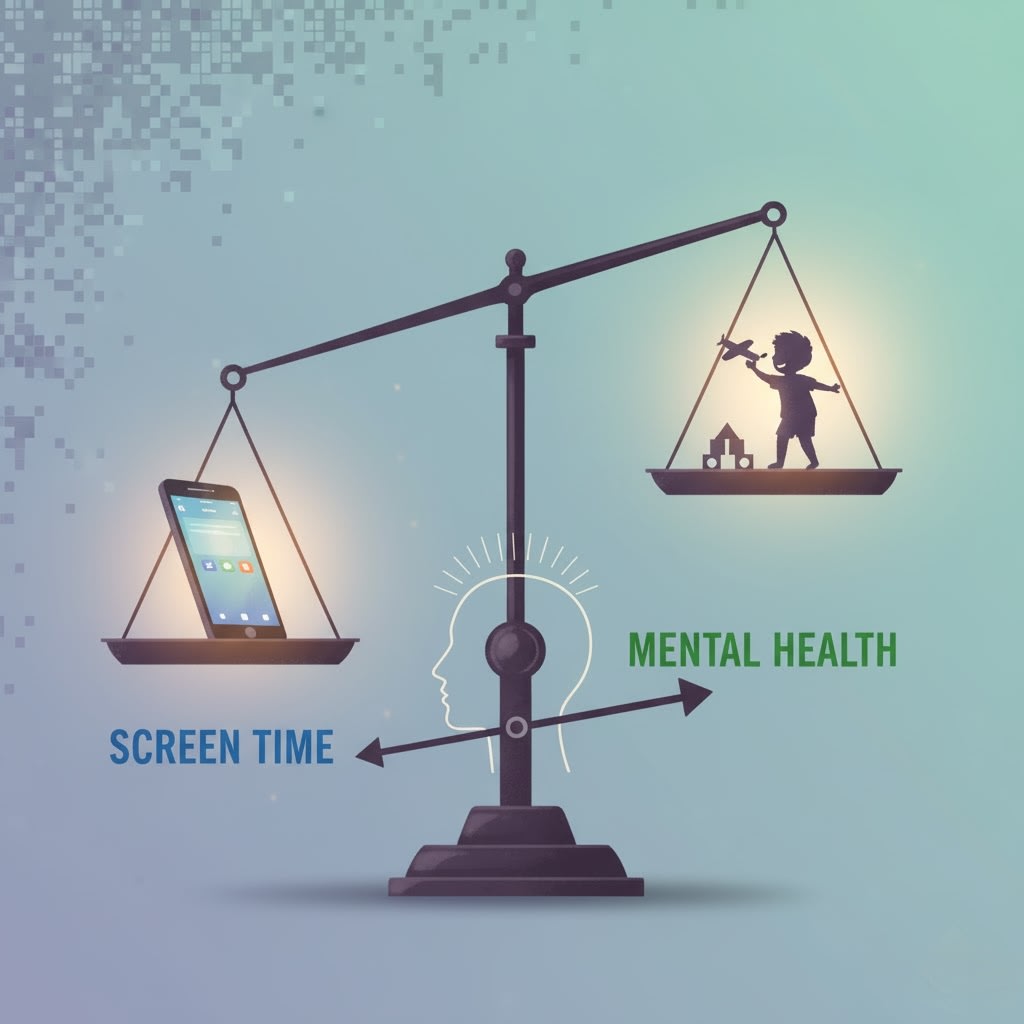In a world that never stops scrolling, one country has decided to put the brakes on. Denmark has announced that children under 15 will be banned from using social media platforms — unless parents give special permission for children aged 13 or 14. ([Reuters][1]) The government says this move is needed to shield young people from harmful content, digital addiction, and mental-health risks tied to online life. ([The Japan Times][2]) It’s a landmark step, and one that’s sparking global discussion about how societies balance technology, childhood, and freedom in the 21st-century.
The reasons driving this decision are simple yet urgent. Danish leaders point to studies showing that a whopping 94 % of children aged 13 or under already have at least one social-media account. ([The Washington Post][3]) Many spend more than two hours and forty minutes a day online. ([Yahoo][4]) These numbers have raised flags about how much time youth are spending in virtual worlds where algorithms, ads, and peer pressure dominate — often without adult supervision. Prime Minister Mette Frederiksen declared that mobile phones and social media are “stealing our children’s time, childhood and well-being.” ([The Japan Times][2])
So what does the ban actually mean? From the age of 15 onwards, social-media access will be legal. For younger children (13–14), access will only be possible if parents approve under certain conditions. Under-13s will not be allowed at all. ([AP News][5]) While the law is not yet in effect, agreements are in place, and Denmark is working on systems to enforce it, including age verification through national electronic ID systems and possibly with an “age-verification” app. ([https://www.wcax.com][6])
Reactions to the policy are mixed. Many parents and educators in Denmark and beyond have welcomed the decision, hoping it will give young people more space to develop without constant pressure from online platforms. One parent summed it up: “We want kids to be kids, not always online.” Others — particularly older teens and digital rights advocates — worry that the law might be too heavy-handed. They ask: How will it be enforced when so many devices already exist? What happens to children who depend on social platforms for connection or creativity? Will a ban create a divide? Some tech companies argue that age verification is tricky and that the law could drive users underground. ([Reddit][7])
The policy places big responsibility on social-media platforms as well. The government has warned tech giants that if age checks fail — or if under-age children slip through the system — the platforms could face stiff penalties, potentially up to 6 % of their global earnings. ([The Washington Post][3]) The rule applies especially to popular apps like TikTok, Instagram, Snapchat, and YouTube — all of which dominate youth online lives. Denmark’s pledge sends a loud message: online safety matters, and regulation can no longer wait.
Still, many questions remain. Will children find ways around the ban using borrowed devices or fake ages? Will social connection, creativity, and community suffer? Will the law stifle digital literacy at a moment when online skills matter more than ever? Danish officials say this is not about shutting kids out of the digital world, but about protecting them while they grow. “We are moving from digital captivity to community,” said Digitalisation Minister Caroline Stage Olsen. ([euronews][8])
For families, it’s a clear moment to rethink how children engage with screens. How many hours of social media are healthy? What kind of content is age-appropriate? How do we teach children self-control, mindfulness, and digital resilience? Denmark’s initiative forces all of us to ask these questions, whether we live there or elsewhere.
In the end, Denmark’s ban is more than just a national policy. It’s a reflection of global concern that the digital lives of children have grown too complex, commercialised, and autonomous without enough oversight. It asks us: when childhood overlaps with the endless stream of online content, what do we lose? What becomes of play, imagination, and offline connection? The decision to set a minimum age of 15 is a bold answer — one that prioritises childhood, well-being, and human connection in a world where screens dominate.
Time will tell how effective the policy will be. But one thing is certain: Denmark has drawn a line in the digital sand. And in doing so, it challenges the rest of the world to decide how we protect our youngest citizens in an age of algorithms and influence.
